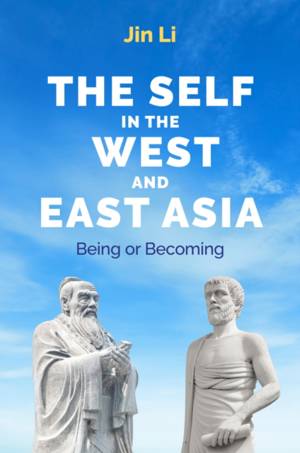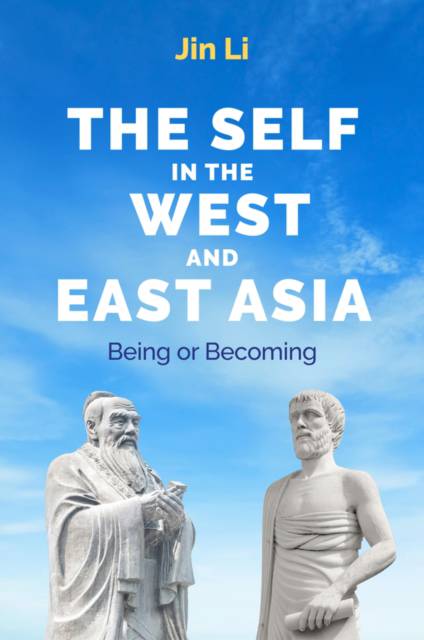
- Afhalen na 1 uur in een winkel met voorraad
- Gratis thuislevering in België vanaf € 30
- Ruim aanbod met 7 miljoen producten
- Afhalen na 1 uur in een winkel met voorraad
- Gratis thuislevering in België vanaf € 30
- Ruim aanbod met 7 miljoen producten
Omschrijving
From the fraught world of geopolitics to business and the academy, it's more vital than ever that Westerners and East Asians understand how each other thinks. As Jin Li shows in this groundbreaking work, the differences run deep. Li explores the philosophical origins of the concept of self in both cultures and synthesizes her findings with cutting-edge psychological research to reveal a fundamental contrast.
Westerners tend to think of the self as being, as a stable entity fixed in time and place. East Asians think of the self as relational and embedded in a process of becoming. The differences show in our intellectual traditions, our vocabulary, and our grammar. They are even apparent in our politics: the West is more interested in individual rights and East Asians in collective wellbeing. Deepening global exchanges may lead to some blurring and even integration of these cultural tendencies, but research suggests that the basic self-models, rooted in long-standing philosophies, are likely to endure.
The Self in the West and East Asia is an enriching and enlightening account of a crucial subject at a time when relations between East and West have moved center-stage in international affairs.
Specificaties
Betrokkenen
- Auteur(s):
- Uitgeverij:
Inhoud
- Aantal bladzijden:
- 320
- Taal:
- Engels
Eigenschappen
- Productcode (EAN):
- 9781509561360
- Verschijningsdatum:
- 20/11/2024
- Uitvoering:
- Hardcover
- Formaat:
- Genaaid
- Afmetingen:
- 161 mm x 237 mm
- Gewicht:
- 716 g

Alleen bij Standaard Boekhandel
Beoordelingen
We publiceren alleen reviews die voldoen aan de voorwaarden voor reviews. Bekijk onze voorwaarden voor reviews.











